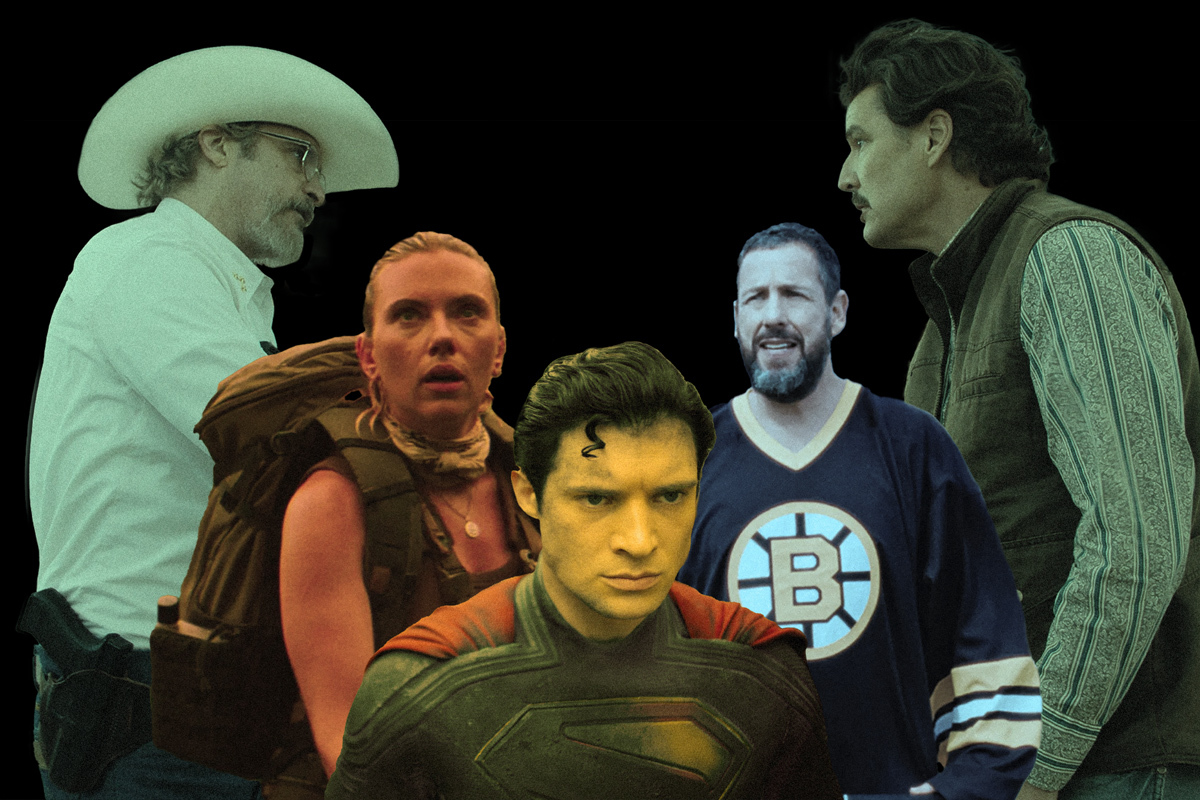
The dog days aren’t over, but they are winding down.
So is another summer movie season, albeit one without anything resembling the Barbenheimer phenomenon of two years ago. (Even one movie as notable as either Barbie or Oppenheimer would have been nice, but oh well.) And yet there are always worthy movies if you know where to find them, whether that’s the multiplex, arthouse, or the comfort of your home. Here are four that stuck out to me this month, though not always for the best reasons:
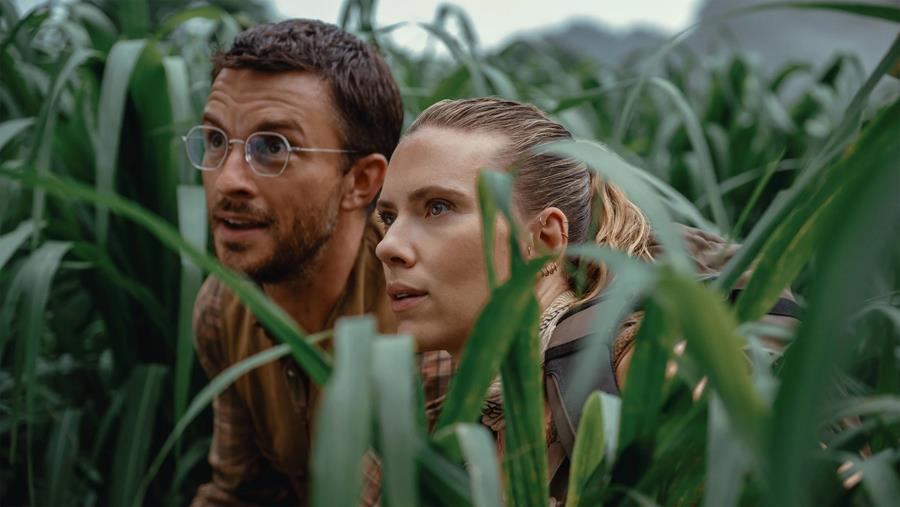
Life, uh, finds a way, and so do billion-dollar franchises that should have gone extinct decades ago. Even in a crowded field of intellectual property, remakes, sequels, and reboots, the Jurassic Park — excuse me, Jurassic World — movies stand out especially hollow and soulless, presumably because the original was, at least in part, about the magic of discovery. It was also about the commodification of something special, however, so in that sense the four entries produced over the last decade are entirely apropos of their source material. Taking place at a time when dinosaurs have lost their novelty, presumably because too many movies have been made about them, Rebirth concerns the ethically questionable task of extracting DNA from three king-sized dinos in order to synthesize potentially life-saving medication for humans. Scarlett Johansson leads the band of mercenaries, scientists, and executives on this latest expedition, which, unlike all other incursions into dinosaur territory, will surely prove to be a good idea that doesn’t get anyone killed. Rebirth at least clears the very low bar set by its three predecessors, mainly because it was directed by Godzilla and The Creator helmer Gareth Edwards and co-stars Mahershala Ali, who has enough gravitas to occasionally make you forget that this franchise shares as much DNA with the first film as chickens do with pterodactyls.
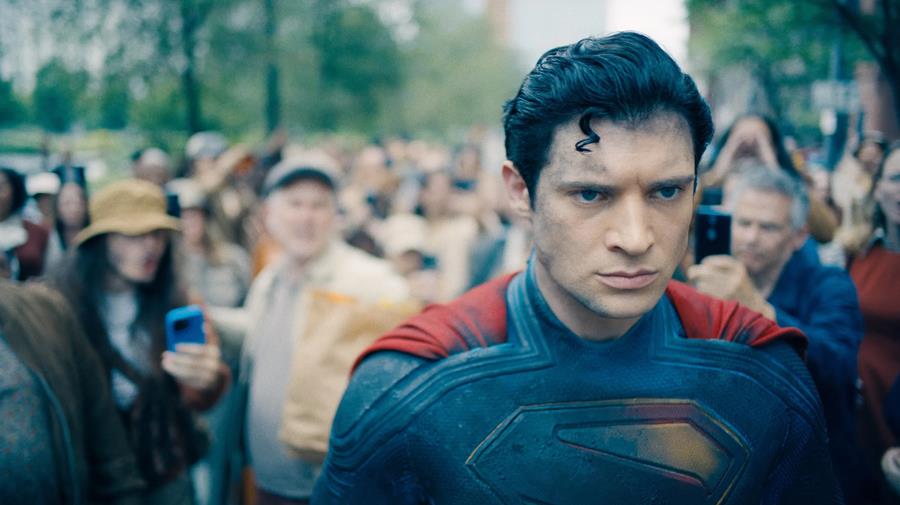
Is the world of 2025 too cynical for Superman? The most wholesome and sincere of superheroes has never felt more out of step with the world he was sent to protect, which either means we’ve moved past him or have never needed him more. James Gunn’s Superman suggests it’s the latter. Gunn has already made four superhero movies — the Guardians of the Galaxy trilogy as well as The Suicide Squad (not to be confused with the earlier, inferior Suicide Squad) — and continues to be quite skilled at it, with his latest adopting a small-scale approach to reminding us why the Man of Steel became our archetypal hero in the first place. He saves squirrels from skyscraper-sized monsters and reunites a fellow metahuman with his child, all without losing sight of the bigger picture (a bog-standard conflict with archnemesis Lex Luthor).
He also spends much of the film losing fights, which might anger purists but mostly serves to humanize a new iteration of Supes ably portrayed by David Corenswet. As a character if not as a crimefighter, Superman derives much of his power from his vulnerability — despite not actually being human, he symbolizes humanity at its best. Though nothing will ever make us believe a man can fly quite like the 1978 original starring Christopher Reeve, this Superman comes close enough to representing the genre at its best.
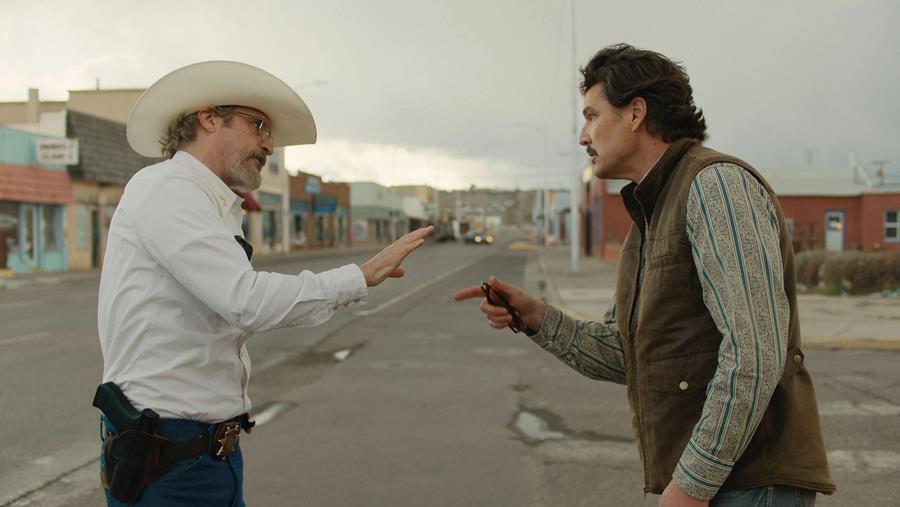
When you start your filmmaking career with a pair of movies as spinge-tinglingly good as Hereditary and Midsommar, you earn a lot of goodwill from studios and audiences alike. When you follow those movies with Beau Is Afraid and Eddington, you burn a lot of that goodwill. This might be intentional. Writer/director Ari Aster’s fourth film is a self-consciously provocative COVID satire starring Joaquin Phoenix and Pedro Pascal that abounds in caricatures, false equivalences, and painful reminders of the many ways in which the year 2020 never fully ended. It seems a movie designed to elicit visceral responses from viewers of all stripes, and it does — just not for the right reasons.
The prevailing question when watching Eddington is why. Why did such a gifted filmmaker feel compelled to pick at scabs that have yet to heal and dwell on one of the most miserable eras in recent history? The answer, it seems, is to make fun of it. All of it. And everyone who had strong reactions to it, which is another way of saying everyone. Aster pokes fun at the left and right in equal measure, ultimately landing on the same point as your average South Park episode: caring about things isn’t cool, and anyone who does deserves to be mocked. The problem with being an irreverent, pitch-black satire is that you eventually have to settle on a point, and Eddington’s simply isn’t poignant enough to justify the two-and-a-half-hour drive through the desert necessary to arrive there. The entire movie is too little, too soon.
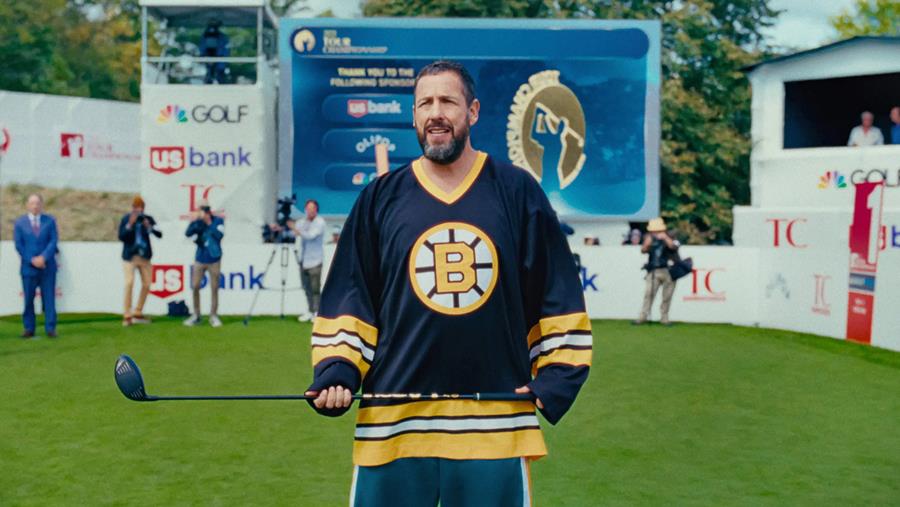
The issue with Happy Gilmore 2 isn’t the movie itself so much as its elder-millennial target audience, all of whom are now 30 years older than they were when they first met Adam Sandler’s best character (sorry, Billy Madison). Our nostalgia-addled brains are the reason this sequel-come-lately was greenlit in the first place, but they’re also why many will be unable to accept it on its own terms. (Well, that and the fact that it isn’t especially good.) Deviate too far from the original and you’re Destroying Our Childhoods; hew too closely and you’re risk-averse to the point of creative cowardice. This one opts for the latter, essentially repeating the expected plot points with a few updates and clearly putting more focus on fan service and cameos than any semblance of new ideas. Call it the Deadpool and Wolverine of comedies (derogatory).
Sandler, like Happy, retains much of his charm nevertheless, as do returning stars Julie Bowen and Christopher McDonald, though the former is given far too little to do thanks to one of cinema's most tired tropes rearing its ugly head five minutes in. But this was clearly made by and for the Netflix algorithm, with the likes of Travis Kelce, Margaret Qualley, Eminem, Post Malone, Guy Fieri, Eric André, Jon Lovitz, Kid Cudi, and eternal Sandler hanger-on Rob Schneider showing up to ensure that second-screen viewers look up from their phones every so often. Its status as Netflix Original may be its ultimate undoing for other reasons, though: movies like this go from okay to good to great in viewers’ minds through partial repeat viewings on cable TV over the course of several years, something that no longer exists in the streaming era. You’d probably keep watching Happy Gilmore if you landed on it while channel-surfing, but will you ever go out of your way to actively seek out Happy Gilmore 2 again?